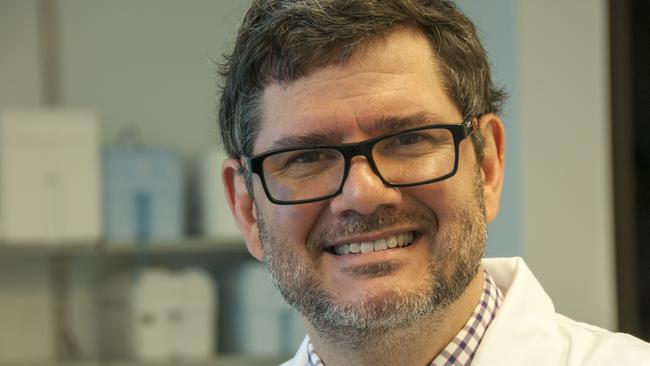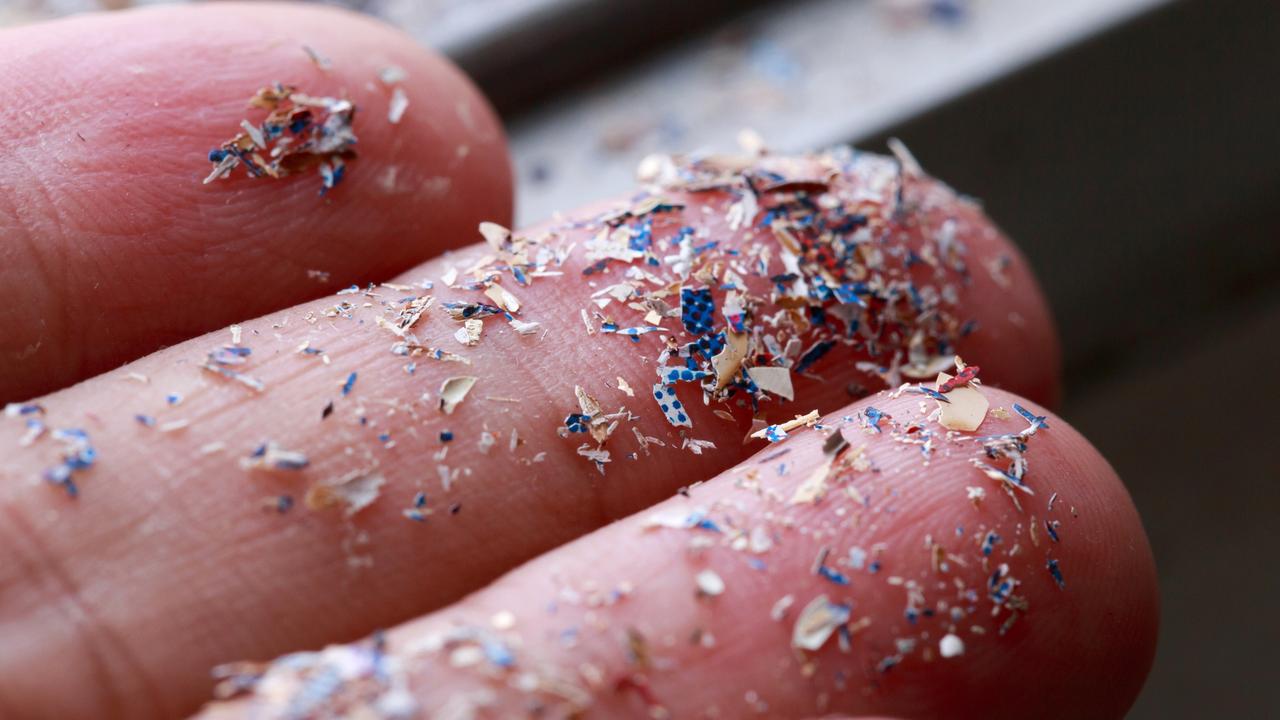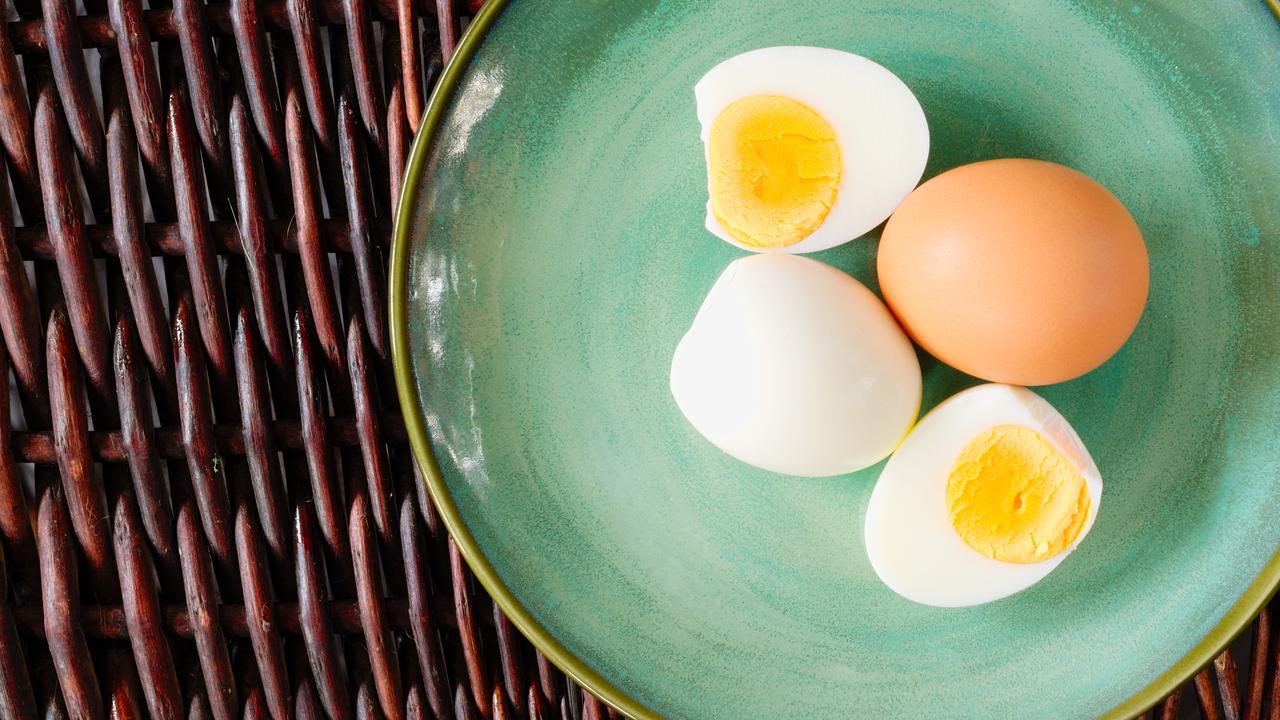Scientists fighting cancer drug battle on cellular level
Researchers believe they are on the verge of a breakthrough that would let them prevent cancer cells from becoming drug resistant.

Researchers believe they are on the verge of a scientific breakthrough that would allow them to prevent cancer cells from becoming drug resistant, eradicating one of the leading causes of cancer-related death.
The study by the Garvan Institute has revealed a new cancer treatment strategy that could help improve the effectiveness of treatment for hundreds of thousands of people who are affected by cancer drug resistance each year.
Senior author and head of the cancer team David Thomas said the research uncovered a key survival strategy that cancer cells use to become drug resistant.
“The beginning of the idea is that we have known for some time that bugs and bacteria escape the effects of antibiotics and become resistant to them, in part by increasing the shuffling of their genomes,” Professor Thomas said.
“That has been well mapped but it has not been described in cancer cells,” he said.
The scientists found that when cancer cells were treated with drugs, they became stressed and made deliberate mistakes when they copied their DNA, using “stress-induced mutagenesis” in the same way bacteria become resistant to antibiotics.
Professor Thomas said the cancer cells had maximised their ability to survive and resist drug treatment by shuffling their genes. “Living things and cells have developed the capacity to increase the rate at which they can evolve by shuffling their genomes when they are stressed,” he said.
“There is an ancient molecular pathway that’s present in living cells that’s called the mTor, and it is used as a sensor of environmental stress.”
Professor Thomas said when cancer cells got stressed and made deliberate mistakes to resist drug treatment, it also slowed the cancer cell growth rate.
“So it has a paradoxical effect. Although it increases the chance of (the cells’) survival, it does so at the expense of crippling the cancer cells’ growth rate,” he said.
The researchers stopped the cells shuffling their genes in a model of pancreatic cancer, reducing cell growth by 60 per cent compared to a cancer drug alone.
Professor David said the research revealed “opportunities” to improve cancer drug treatments.
“The mechanism by which cancer cells become resistant; we are beginning to map how that happens … and have opened up opportunities to increase the effectiveness of current and soon-to-be developed treatments.”



